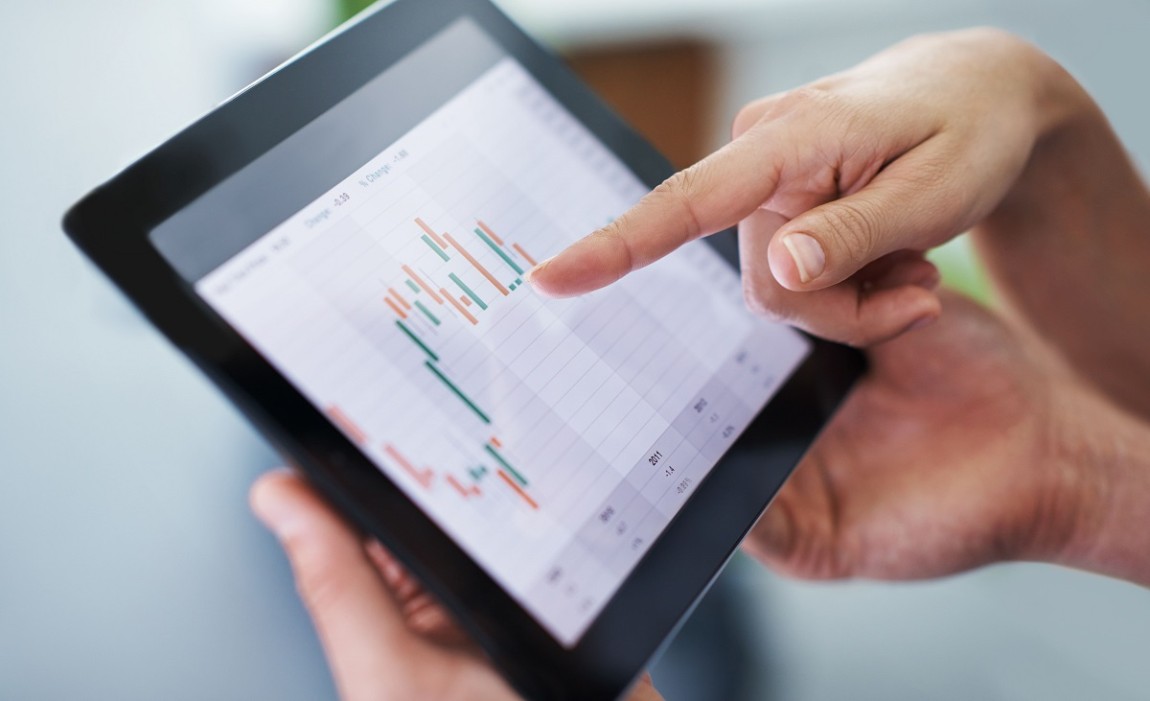How Does Inflation Affect Your Finances

How does inflation affect your personal finances?
Open your wallet and reach out for that PhP 50 bill. Look closely at it and you will feel a certain nostalgia. It’s not the same bill that you used to have a decade ago. Definitely, it looks different and the one you have on your hand now doesn’t hold the same value as the PhP 50 you had then, which was already enough to get you a meal in your go-to fast food restaurant.
Nowadays, your PhP 50 won’t even get you a small meal and how you wish you could go back to the time when it still excites you to get PhP 50 from your parents.
You may have already discovered what causes the value of your money to go down. It’s this thing called inflation. To refresh your memory, inflation is the general increase in prices over time of goods and services, such as common food items, household merchandise, medical services, and transportation.
So, aside from not letting you get a meal for PhP 50, how does inflation affect your personal finances?
Inflation lessens your purchasing power
Inflation rate changes regularly and we rely on official data issued by the Philippine Statistics Authority or Bangko Sentral ng Pilipinas to determine how fast or how slow the inflation rate is. The average inflation rate in the Philippines is 9.28% from the years 1957 to 2011.1
To illustrate how much inflation can affect your spending power, let’s compare the cost of goods and services between the years 2017 and 2018. You’ll notice that in just a year, you already have to pay much more for the same thing.
Let’s say, a grocery bag with bread, fish, rice, meat, vegetables, and fruits that costs PhP 600 in 2017 would cost about PhP 631.2 in 2018. In the same way, if you spent PhP 500 for water, electricity, and gas in 2017, the very same utilities would cost PhP 526 in 2018. A similar increase in prices can also be seen in other products such as alcoholic beverages and tobacco.2
Issues arise when prices of goods and services are generally higher than the money you earn. When that happens, your purchasing power or capacity to buy declines. Inflation might force you to cut out luxuries and “tighten your belt” to keep up with the rising cost-of-living. These small increases in expenses can also reduce your disposable income and erode the value of your savings over time.
Inflation lessens the value of your savings
Having savings and investments may not necessarily mean that your money is growing, especially when the interest rate is lower than the inflation rate. In fact, you might be losing your valuable money.
To illustrate, a business owner has PhP 100,000 in a time deposit bank account with an interest rate of 1%, and so the money will grow to PhP 101,000 the following year. However, if the inflation rate is at 4.4 %3, then the value of his/her money will only be PhP 96600—the PhP 1,000 you gained cannot make up for the PhP 4 ,400 value lost because of inflation.
Since the value of your money decreases over time, you will have to gradually allocate more funds to sustain your way of living. This could be more concerning for people who have fixed income, especially that salary increases, getting a promotion, or receiving bonuses usually are independent from inflation. Inflation may also affect retirees who depend on their pension that has a fixed amount and is also not subject to changes based on inflation.
Managing the impact of inflation
Given that inflation is inevitable, you can still do something to mitigate the effects of the rising prices of goods and services. Here are some tips you can consider:
1. Plan ahead
You can manage inflation by having a strategic plan when it comes to handling your finances. List down your current and future expenses. Make a budget that will accommodate the expenses you have on your list and stick to your budget. By doing this, you can avoid overspending and impulse buying.
2. Increase your cash flow
Look for ways to supplement your income. The more income streams you have, the more secure you are about having enough funds to cover your expenses. You may want to try getting part time jobs or online-based work. Having your own business or “sideline” is also an option to increase cash flow.
3. Reduce your expenses
Revisit your budget plan and distinguish whether an expense is for a need or a want. Depending on your available resources, find the right balance between your wants and needs. If you think you have a tight budget, prioritize your needs. A little discipline and effort to practice frugality would help.
4. Start investing
If you have savings or extra disposable income, you may consider investing in financial vehicles that could give you returns higher than the inflation rate. It is best to talk to a financial advisor to determine investment options that best suit your financial capacity and risk profile.
Both nostalgia and inflation could hit you hard that they may be causing you to spend too much time reminiscing the good old days when you can enjoy more things with less money. Surely, we can’t turn back time, but the good thing is, by having mindful spending habits, you can cope with inflation.
It’s more compelling to do something to counter inflation now knowing that it does not only affect your spending power now, but also your capacity to prepare for a more comfortable and worry-free future.
As to addressing your nostalgia, we leave that to your creativity.
---
References:
[1] OpenSTAT. Historical database. http://openstat.psa.gov.ph/
[2][3] Philippine Statistics Authority. Summary Inflation Report Consumer Price Index (2012=100): January 2019 https://psa.gov.ph/statistics/survey/price/summary-inflation-report-consumer-price-index-2012100-january-2019


